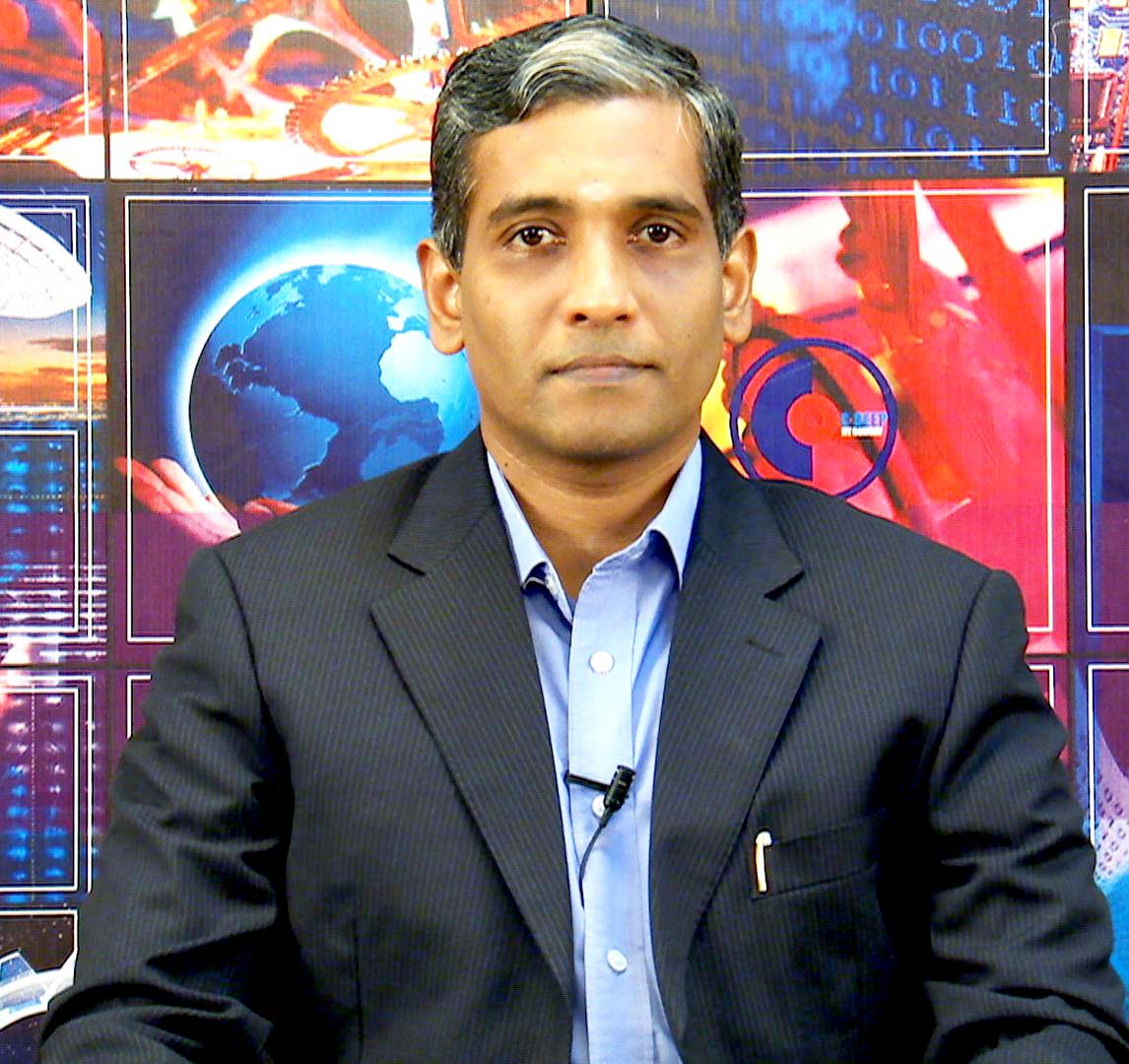Week 1
Lecture 1: Introduction
Lecture 2: Introduction to Conduction
Lecture 3: Energy Balance
Lecture 4: 1D Steadystate Conduction - Resistance Concept
Lecture 5: Resistances in Composite Wall Case
Week 2
Lecture 6: Resistances in Radial systems
Lecture 7: Heat Generation I : Plane and Cylindrical Wall
Lecture 8: Introduction to Extended Surfaces
Lecture 9: Extended Surfaces I : General formulation
Lecture 10: Extended Surfaces II - Uniform Cross-sectional Area
Week 3
Lecture 11: Extended Surfaces III – Varying Cross-section area
Lecture 12: 2D Plane wall
Lecture 13: Transient Analyses I : Lumped Capacitance Method
Lecture 14: Transient Analyses II : Full Method
Lecture 15: Transient Analyses : Semi-infinite Case
Week 4
Lecture 16: Introduction to Convective Heat Transfer
Lecture 17: Heat and Mass Transport Coefficients
Lecture 18: Boundary Layer : Momentum,Thermal and Concentration
Lecture 19: Laminar and Turbulent Flows ; Momentum Balance
Lecture 20: Energy and Mass Balances ; Boundary Layer Approximations
Week 5
Lecture 21: Order of Magnitude Analysis
Lecture 22: Transport Coefficients
Lecture 23: Relationship between Momentum,Thermal and Concentration boundary Layer
Lecture 24: Reynolds and Chilton-Colburn Analogies
Lecture 25: Forced Convection : Introduction
Week 6
Lecture 26: Flow Past Flat Plate I – Method of Blasius
Lecture 27: Flow Past Flat Plate II - Correlations for Heat and Mass Transport
Lecture 28: Flow Past Cylinders
Lecture 29: Flow through Pipes I
Lecture 30: Flow through Pipes II
Week 7
Lecture 31: Flow through Pipes III
Lecture 32: Flow through Pipes IV – Mixing-cup Temperature
Lecture 33: Flow through Pipes V – Log mean Temperature difference
Lecture 34: Flow through Pipes VI – Correlations for Laminar and Turbulent Conditions
Lecture 35: Example problems : Forced Convection
Week 8
Lecture 36: Introduction to Free/Natural Convection
Lecture 37: Heated plate in a quiescent fluid- I
Lecture 38: Heated plate in a quiescent fluid- II
Lecture 39: Boiling I
Lecture 40: Boiling II
Week 9
Lecture 41: Condensation : I
Lecture 42: Condensation : II
Lecture 43: Radiation : Introduction
Lecture 44: Spectral Intensity
Lecture 45: Radiation : Spectral properties,Blackbody
Week 10Lecture 46: Properties of a Blackbody
Lecture 47: Surface Adsorption
Lecture 48: Kirchoff’s Law
Lecture 49: Radiation Exchange - View Factor
Lecture 50: View Factor Examples
Week 11 Lecture 51: View factor - Inside Sphere Method, Blackbody Radiation Exchange
Lecture 52: Diffuse, Gray Surfaces in an Enclosure
Lecture 53: Resistances - Oppenheim matrix method
Lecture 54: Resistances - Examples
Lecture 55: More Examples : Volumetric Radiation
Week 12Lecture 56: Introduction and Examples
Lecture 57: Parallel Flow Heat Exchangers
Lecture 58: LMTD I
Lecture 59: Shell and Tube Heat Exchangers
Lecture 60: Epsilon-NTU Method
Teaching Assistants

Mr. Swagnik Ghosh is a senior research scholar in the Department of
Chemical Engineering, IIT Bombay. He joined the institute in 2013 as an
M.Tech. student and converted into Ph.D. His research area is "Dynamics
of Particles in Particle-laden Turbulent Flows" . During his course of
Ph.D. work he has developed keen interest in modelling and simulation
techniques involving Turbulence, Computational Fluid Dynamics, Granular
Mechanics, Molecular Dynamics, Statistical Data analysis. He graduated
from Jadavpur University as a Chemical Engineer in the year 2012.
 Mr Nimish Pankhedkar
Mr Nimish Pankhedkar holds a Bachelor’s Degree in Chemical Engineering
with the Best Outgoing Student award. He joined IIT Bombay in 2018 as a
Master’s Student and worked in the field of CO
2 Valorization
using CLC techniques. His research interests include Process Modelling
and Simulation, CCS, and Process Control. He has recently converted to
MTech + PhD Dual Degree Programme to pursue research in the same field.
He has gained industrial experience in the past as a Process Design
Engineer at Technoforce Solutions (I) Pvt Ltd. He has also achieved
Elite Certificate in a NPTEL Course on 'Outcome-based Pedagogic
Principles for Effective Teaching' coordinated by IIT Kharagpur.

DOWNLOAD APP
FOLLOW US